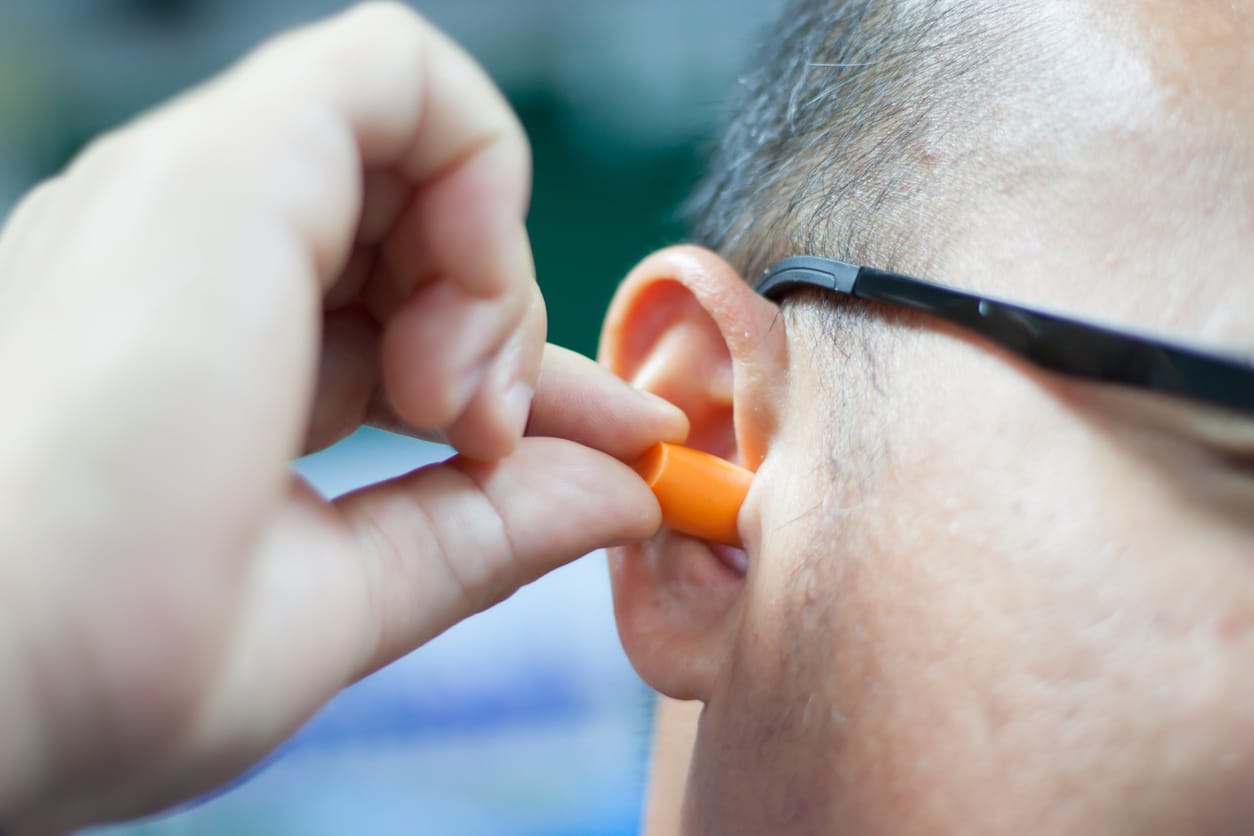Finding out you have hearing loss can feel nerve-wracking, and it often feels easy to give up on hearing protection. It’s important to remember that even after being diagnosed with hearing loss, protecting the hearing you have left is vital.
How Does Hearing Loss Affect You?

Unnecessary exposure to loud sounds can worsen your hearing and lead to tinnitus, increased risk of falls, mental decline and social isolation. Moreover, your hearing aids are designed to amplify external noises and deliver them into your ear canal. For these devices to work effectively, your ears need to comprehend these amplified sounds. Protecting your hearing is the best way to ensure that your hearing aids can continue to do their job and that you can maintain a high quality of life.
How to Protect Your Hearing: Practical Tips
Here are some effective strategies to help safeguard your remaining hearing:
- Take noise breaks. Sometimes, it feels like noise is all around you. From the moment your alarm goes off, you hear the radio, honking cars, television, talking coworkers and more. After a while, all this noise can start to feel grating. Try taking listening breaks every once in a while. Swap TV for books or a loud gym session for a quiet workout at Mana Power Yoga.
- Use hearing protection. Earmuffs and earplugs can significantly reduce the impact of loud sounds on your ears. Keep a pair of earplugs in your purse, wallet or car so you’re always prepared—whether at a concert, construction zone or even watching an action movie. If you spend a lot of time in noisy environments, consider custom earplugs for better protection.
- Set decibel limits. Noise-induced hearing loss often results from prolonged exposure to sounds over 85 decibels—the equivalent of a gas-powered lawnmower. To protect your hearing, set decibel limits on your phone and TV.
Don’t Delay—Protect Your Hearing Today
By protecting your remaining hearing, you can continue to enjoy the benefits your hearing aids provide. For more information on hearing health, contact Speech & Hearing Associates today to schedule an appointment with one of our specialists.